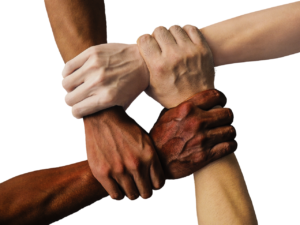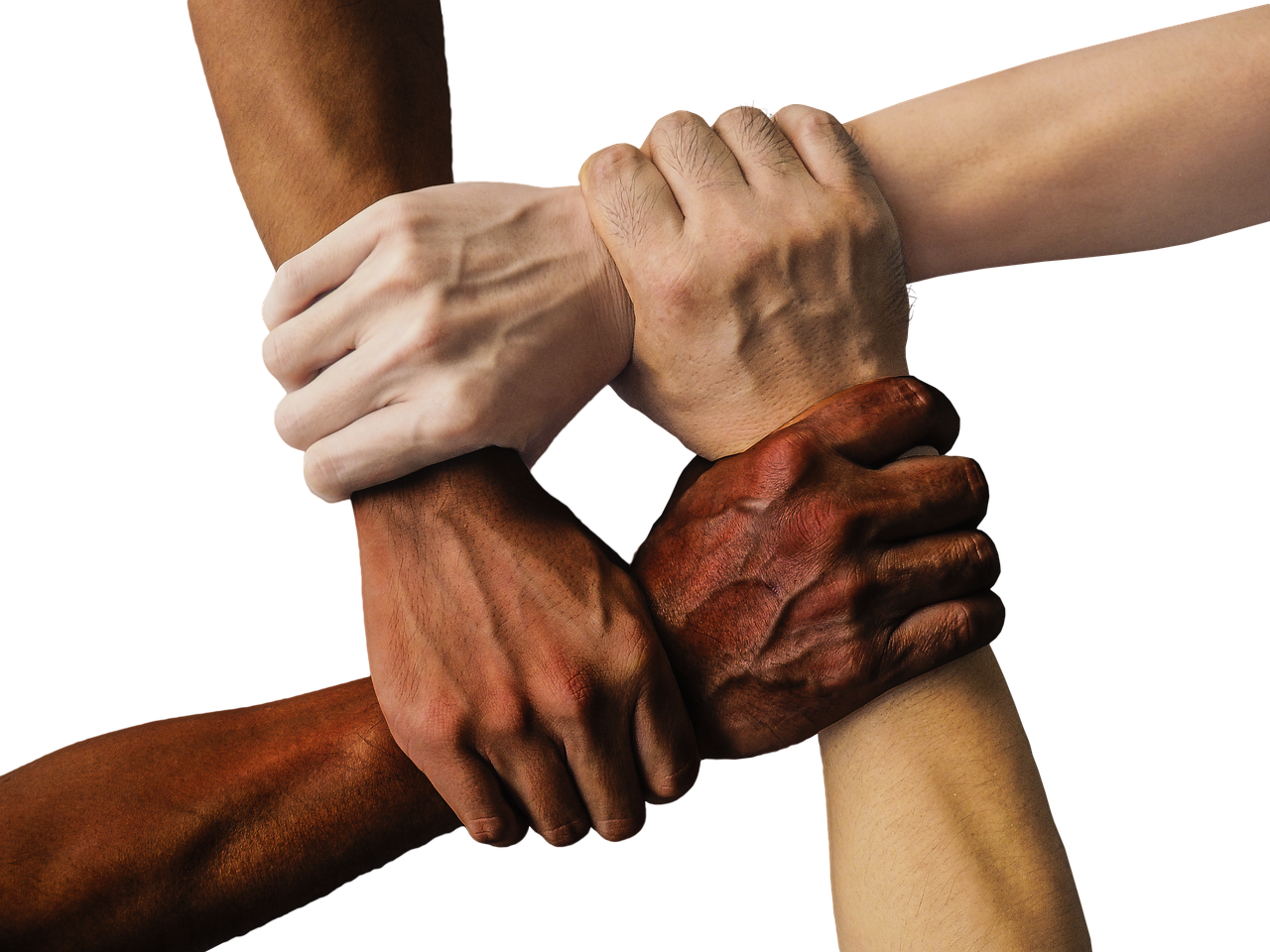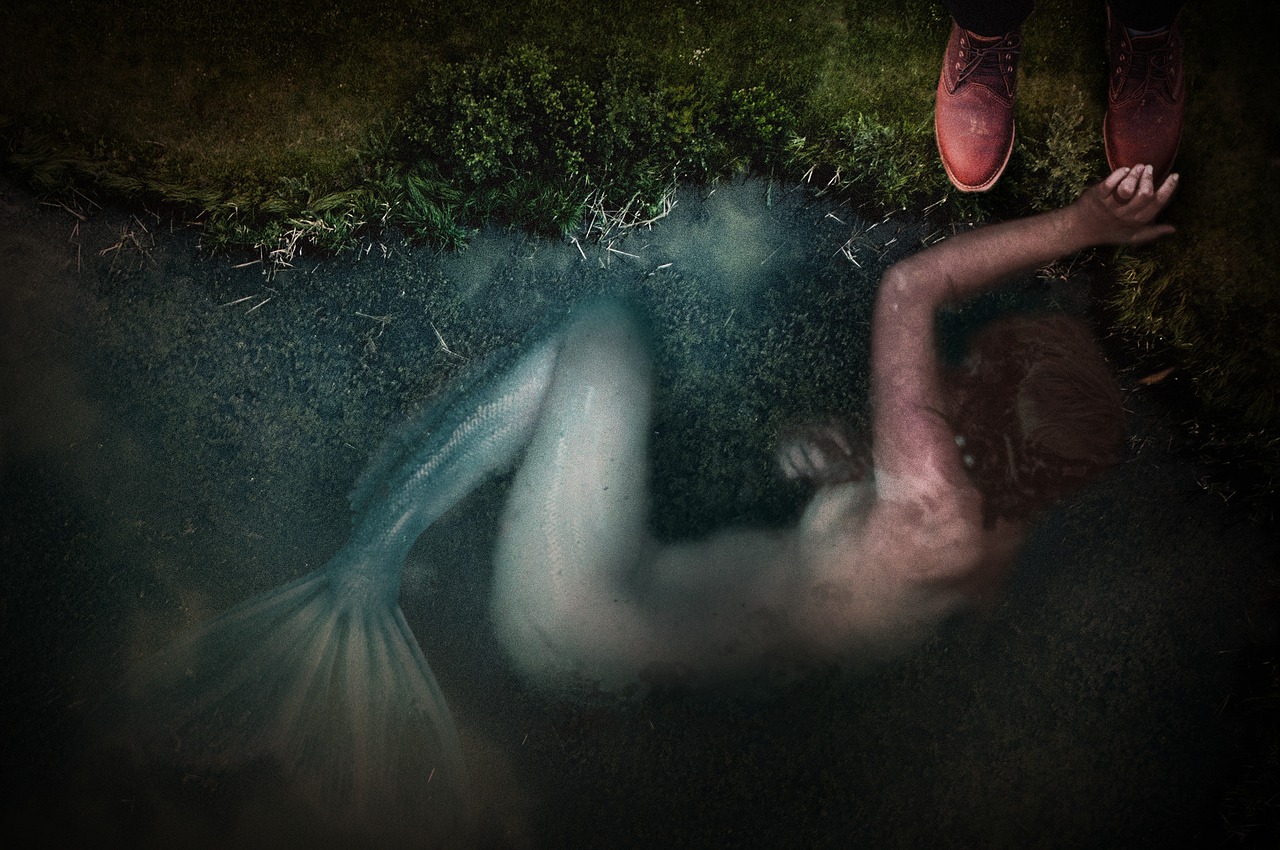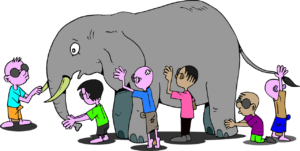We’ve been through one heck of a story arc with these past few posts. First, we took a look at the nature of reality and how consensus can literally delineate the boundaries of what we see, think, and experience. Then, I moved onto an exploration of the ideology underpinning much of our current consensus and the negative ways in which it affect spirituality/Paganism/Witchcraft in “WEIRD” cultures. In this post, I’m going to lay out some concrete measures that each of us can take in order to begin the process of freeing our minds, practices, and magic from the negative effects of our neoliberal consensus.
Work to Recognize the Patterns
The first and most important step that any of us can take is to read about neoliberal ideology and its inherent patterns. This allows us (at least theoretically), to better recognize the parts of our lives/practice/magic that are poisoned by this dehumanizing crud.
The next step after education, is mindfulness. You need to work to be mindful of what you do, think, and how you perceive the world. Your aim here is to recognize those neoliberal patterns as they come up, and actively choose to do, think, and perceive differently.
A good example of this in action would be the process of talking yourself out of buying yet more needless junk. The consensus we inhabit presents products as fixes for everything. Now, as I discussed here, there are likely things you do actually need to obtain for magical practice (depending on your paradigm). However, there’s no product on the market that can give you a greater connection with deity or greater magical ability. The only thing that will get you either of those things is putting in the work. So the next time you feel that drive to buy something like that, take the time to ask yourself why you feel you need it. What do you think it can really do for you and your practice. And then take a deep dive into why you feel that way.
Sounds like a lot of work, right?
Well, no one said it would be easy to hack your way out of the consensus.
Compassion
If there’s one virtue that becomes a flaw when viewed through the neoliberal worldview, it’s compassion. This makes the act of developing compassion one of the most powerful acts of resistance anyone can participate in. We live in a society that seeks to make virtues out of cruelty and selfishness. A world in which the monetary aid sent for the reconstruction of a crumbling edifice outstripped the aid given for a disaster characterized as being the worst to hit the Southern Hemisphere. And not just by a little either – Portuguese/Macanese press reported a massive 16 times difference.
Even the resident bees survived the Notre Dame fire, whereas Mozambique is struggling with a death toll of over one thousand (with thousands still missing) and unimaginable damage done to homes and crops.
Next will come disease, but Whitey Aristocratface the 33rd of Fuckersville is going to hack a load of old growth oak trees down from his estates to donate to an edifice that hardly anyone gave a shit about fixing until it burned.
(But don’t you dare judge the super rich for what they choose to do with their money!)
Compassion in our society is seen as a weakness, and yet it is not. If anything, compassion that is properly rooted and developed can be one of the most powerful forces a human can manifest.
It’s not just about being meek and mild and feeding the poor. Compassion can be wrathful, it can be the sword wielded to protect or fight for justice. It can burn as strongly as Brighid’s hottest flames, and forge a person strong enough to stand their ground against the greatest of enemies.
Real compassion takes courage.
And if I’m being real, I think this is something we all know deep down too. How many people take refuge in selfishness because caring about others – because compassion is far harder?
You see selfishness (that fine neoliberal “virtue”), may give some respite from feeling upset at the suffering in the world, but we trade in our humanity in order to gain that relief. That’s right, we trade our humanity. Studies now suggest that we humans are hardwired for altruism.
So don’t take the easy way out. Stay with those feelings, let them stoke the fire within to relieve suffering, and reclaim humanity.
‘We’, Not “I”
As I discussed in my previous post, neoliberalism has a vested interest in keeping people from joining together. You see, not only was the fear of any kind of collectivism Hayek’s primary inspiration for what would become neoliberal ideology, but he also recognized that the greatest challenge to his ideology was people banding together.

Like selfishness, rampant individualism also became a virtue – it’s kind of necessary if one is to transform people who are primarily citizens into people who are primarily consumers. You see, ideally a citizen has responsibility to country and fellow citizens. Which is mightily inconvenient for the kind of folks who just want to throw money at politicians in order to do whatever the hell they want regardless of who gets hurt. This is why corporations tell us over and over again that “you can have it your way” and that “the customer always comes first”. Consumers aren’t invested in the whole but in self-gratification, and because of that, they’re much easier to control than citizens.
In my opinion, this is a huge part of why so many of us in the Pagan/Heathen/Witch spheres tend to think in terms of a personal path and personal spiritual development as opposed to doing better in order to uplift our wider communities. And this is hugely problematic, because with that mindset, it’s all too easy to consider those around you to be means to your spiritual ends. For example, with this mindset, it’s easy to put your need for something like white sage above the wider issue of hurting groups of people who have already seen far too much hurt. This makes spirituality into a shopping place that puts the consumer first, and it’s fucking bullshit.
The antidote to this is to step away from individualism and re-find your place in the wider web. Recognize that you are but one part of a whole system of interbeing, and learn to view the world accordingly.
As John Donne once famously wrote, “no man is an island entire of itself”.
Stop pretending you’re an island and recognize the whole from which you arise.
Build Community
It’s one thing to change one’s view of the world, but unless it’s put into action, then very little changes. And the best way to put compassion and interbeing in action is to form and build community. And not in an exclusionary way either – too many people create community and think they need an outer enemy in order to maintain cohesion. This is called negative identity formation and has  actually been the source of many negative forms of collectivism. This is what underpins ethno-nationalism, and we don’t need to go there in order to have communities in which we share genuine bonds of friendship and love.
actually been the source of many negative forms of collectivism. This is what underpins ethno-nationalism, and we don’t need to go there in order to have communities in which we share genuine bonds of friendship and love.
So make communities, work to create them with a basis of mutual help, trust, friendship, and betterment of the whole. Practice feeling happiness for the successes of your community members instead of jealousy. And where you are successful, work to help your community members attain the same successes. Remember, this is about the ‘we’ and not the ‘I’. Witch wars need not apply here.
(And no, Heathenry, you can’t just put this all on the women because of something something “frithweavers”.)
Stay With the Trouble
Finally, as Gordon White says, you need to stay with the trouble. All the work described above is hard, it’s a massive change from the typical Anglosphere paradigm. It will provoke uncomfortable feelings and reflections, and you will need to stay with them and dig into them if you want to get to the other side. Realizing brokenness is hard, compassion is hard, de-centering yourself is hard, and communities can be extremely hard. But I would argue that until we do this, it’s near impossible to do pretty much any Pagan/Heathen/Witch faith authentically. Instead, we find ourselves significantly disconnected, distracted, declawed, and numbed.
And well, I think we can do a whole lot better.





 that entertainment media is focusing on similar things. Are people really seeing that stuff, or are those things arising from the energy and belief of the consensus and becoming entities in their own right? Who knows? It’s kind of like Schroedinger’s cat in that we just don’t know and cannot know without somehow opening “the box”. But ultimately it doesn’t matter either – especially for magic workers. Because we tend to have to work with what we encounter, in the form in which we encounter it, and at the time when we encounter it regardless.
that entertainment media is focusing on similar things. Are people really seeing that stuff, or are those things arising from the energy and belief of the consensus and becoming entities in their own right? Who knows? It’s kind of like Schroedinger’s cat in that we just don’t know and cannot know without somehow opening “the box”. But ultimately it doesn’t matter either – especially for magic workers. Because we tend to have to work with what we encounter, in the form in which we encounter it, and at the time when we encounter it regardless.
 rundown of what meditation actually is.
rundown of what meditation actually is.
 unseen interacting with you in some of these places, and that’s fantastic. That’s what you want as a witch! Relationships with the Unseen have always been part and parcel of witchery. Just remember to be polite and to never offer anything of yourself or that you are not prepared to truly give.
unseen interacting with you in some of these places, and that’s fantastic. That’s what you want as a witch! Relationships with the Unseen have always been part and parcel of witchery. Just remember to be polite and to never offer anything of yourself or that you are not prepared to truly give.



 the Pagan or Heathen communities isn’t it. I see so much stuff that is simply wishy-washy, that may as well be cold reading, that relies on people wanting to believe and experience. It’s rare that I see something that truly grips a person by the guts.
the Pagan or Heathen communities isn’t it. I see so much stuff that is simply wishy-washy, that may as well be cold reading, that relies on people wanting to believe and experience. It’s rare that I see something that truly grips a person by the guts.